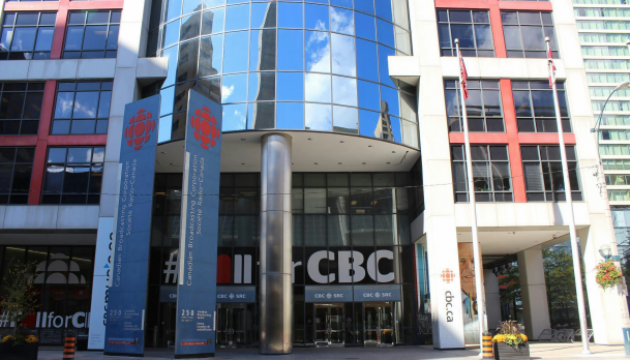CBC Ombudsman: Climate Change Contrarians
By Esther Enkin, CBC Ombudsman
The complainant, Geoffrey Pounder, questioned the value and journalistic purpose of an Ideas programme called “Contrarians”. He said it was dangerous and deceptive to give air time to two climate change deniers. Part of their remarks from a conference aired on the programme. He thought it violated all the principles of CBC journalistic policy. I didn’t agree.
COMPLAINTS
You objected to an edition of Ideas broadcast on Radio One on January 22, 2016. The episode was entitled “The Contrarians,” and featured three speakers from an ideaCity Conference. You thought it was wrong of Ideas to broadcast the presentations of two of those speakers (Alex Epstein and Patrick Moore) because they are “notorious climate change deniers and fossil fuel promoters.” You said the programme was presenting “bad ideas”. You were also concerned there was not a proper warning preceding the broadcast, that the speakers were not set up properly, and therefore there was an “attempt to deceive.”
You also questioned whether it was accurate to portray Mr. Moore as one of the founders of Greenpeace. You pointed out that the organization itself denies that is the case.
You questioned the value and journalistic purpose of airing the presentations from the ideaCity Conference. You said that this is about science – ”a domain where uninformed opinion has no legitimacy.” You pointed out that Patrick Moore is not a climate scientist and therefore should not be given a platform. You were also concerned that there were no countervailing views, no challenging of Mr. Epstein nor Mr. Moore.
IDEAS failed to point out that the denialist campaign is motivated not by the pursuit of scientific truth or concerns about sustainability, but by politics, ideology, and economic imperatives: the protection of profits.
Climate change denial is inarguably political. Denialism is overwhelmingly a right-wing phenomenon — and strongest in oil-producing regions like Alberta. Most big-name denialists are neoliberal market fundamentalists working for or on behalf of big corporations and right-wing think tanks.
What qualifications does one need to speak authoritatively about climate science and the oilsands industry? How shall we decide on a reliable guide? IDEAS offered no advice.
IDEAS failed to advise listeners to take what they were about to hear with a grain of salt.
By giving climate change deniers (and their sponsors) a platform, CBC (IDEAS) gave denialism its imprimatur. And stained its own reputation into the bargain.
You cited a programme broadcast in 2009 featuring Lawrence Solomon as evidence that Ideas has a “penchant” for climate change denial. You were so concerned about the impact of this programme that you prepared several lengthy presentations. One of them is a more detailed set of questions about the programme, the other is a detailed rebuttal to the two speakers. As my review will deal with the journalistic issue, I won’t attempt to summarize your extensive correspondence. Those who wish to, can find it here.
Continue reading this story on the CBC website, where it was first published.

